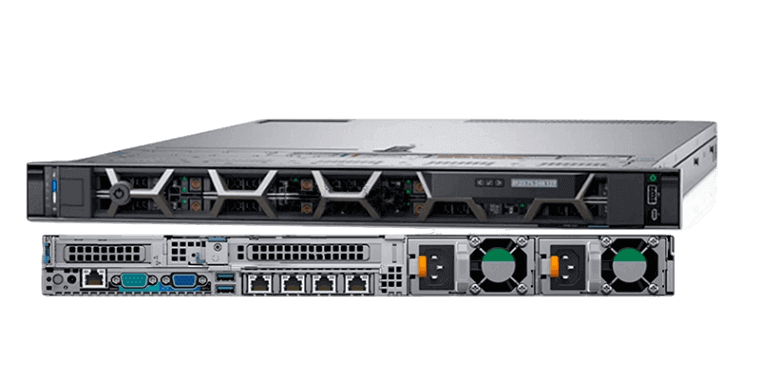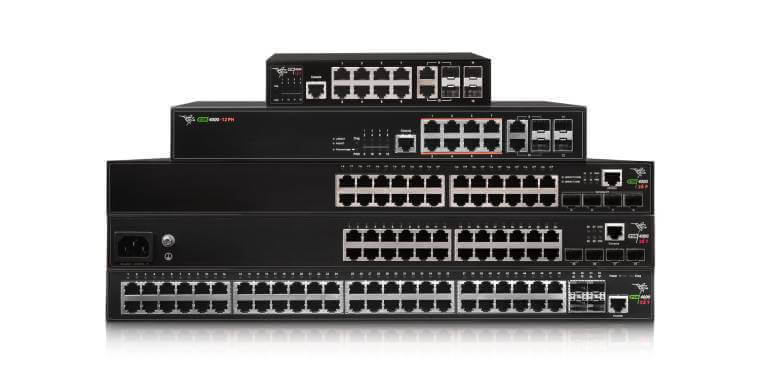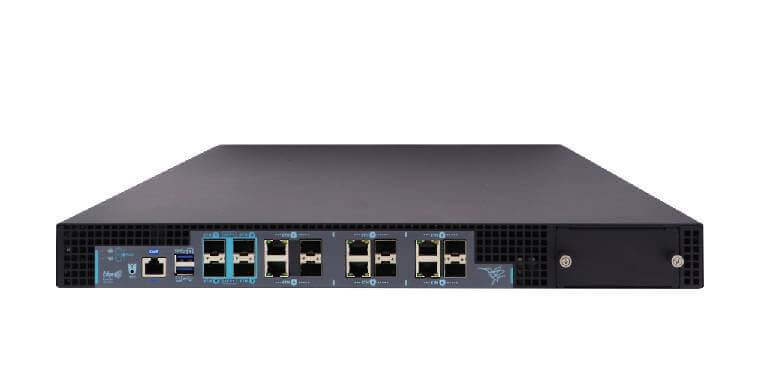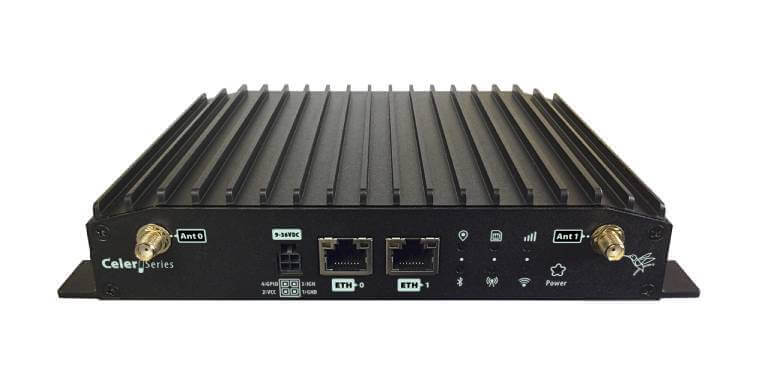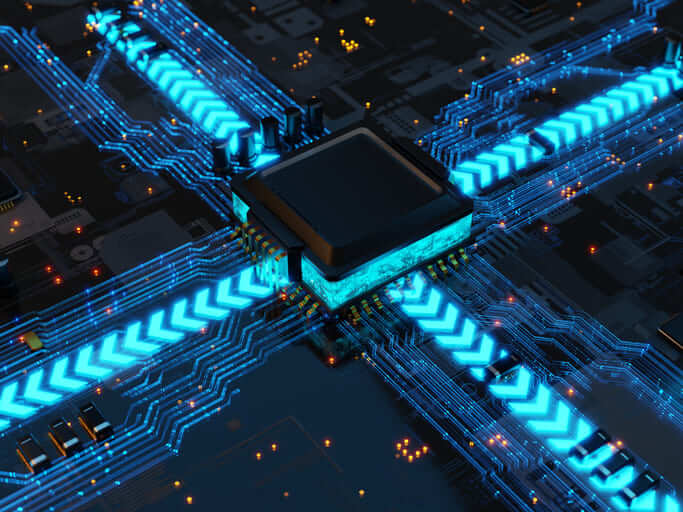 In recent decades, the healthcare sector has undergone a profound digital transformation, enhancing efficiency in patient care and information management. However, this shift has also made healthcare organizations more vulnerable to cyberattacks. The systems handle highly sensitive information—personal data, medical records, test results—which can be misused for purposes far beyond healthcare or administrative needs. In this context, cybersecurity is not only essential for protecting confidential information but also for maintaining the integrity of care systems that, in many cases, are critical for saving lives.
In recent decades, the healthcare sector has undergone a profound digital transformation, enhancing efficiency in patient care and information management. However, this shift has also made healthcare organizations more vulnerable to cyberattacks. The systems handle highly sensitive information—personal data, medical records, test results—which can be misused for purposes far beyond healthcare or administrative needs. In this context, cybersecurity is not only essential for protecting confidential information but also for maintaining the integrity of care systems that, in many cases, are critical for saving lives.
The Evolution of Cybersecurity in Healthcare
The integration of digital systems has revolutionized the way healthcare professionals work, enabling more efficient and secure management of patient data while improving the quality of care. Yet, it has also opened new avenues for cybercriminals to exploit system vulnerabilities. In recent years, cyberattacks targeting the healthcare sector have surged, with threats such as ransomware and data breaches becoming increasingly prevalent.
In Spain, for instance, hospitals have fallen victim to ransomware attacks that have disabled technology for days, delaying medical treatments and even disrupting emergency services. These incidents underscore the fact that cybersecurity in healthcare is not just about protecting data—it has direct consequences on patient safety and care.
Cyber Challenges facing the Healthcare Sector
One of the major challenges facing the healthcare sector is the reliance on outdated technologies—legacy systems with obsolete hardware and software that lack regular security updates and maintenance, making them prime targets for attacks. Additionally, the growing use of connected devices, such as Internet of Medical Things (IoMT), expands the attack surface, providing new opportunities for cybercriminals to compromise security.
Another key issue is the lack of cybersecurity training for medical and administrative staff. Many employees are unaware of the risks posed by actions as simple as clicking on a malicious link or using weak passwords. Proper training and awareness are essential for safeguarding data and systems.
Furthermore, compliance with regulations like the new 2022/2555 Cybersecurity Directive (NIS 2 Directive), which aims to raise cybersecurity standards and harmonize protocols across healthcare institutions in the EU, has prompted stricter data protection measures, increased legislative awareness, and a greater emphasis on certification. Non-compliance not only risks penalties but, more importantly, erodes patient trust.
How Can Cybersecurity Solutions Protect the Healthcare Sector?
Cybersecurity solutions are crucial for reducing the risks faced by the healthcare sector. Here are some key measures that can be implemented:
- Securing Communication Infrastructures: Design and implement perimeter security systems with intrusion detection and prevention capabilities, along with communication filters. Segment subnets based on the specific services they support to prevent unnecessary interactions between different network elements.
- Data Encryption: Implement security-layer protocols to ensure that sensitive information cannot be read or used without authorization. Encryption protects medical and personal data, even in cases where attackers gain access to it.
- Continuous Monitoring, Detection, and Response: Utilize centralized systems that collect and analyze data, enabling early detection of cyberattacks and facilitating rapid response to any threats.
- Strengthened Security for Legacy Systems (Hardware and Software): Apply additional security measures for outdated hardware and software, such as restricting internet access, limiting software installations, and implementing stricter security policies.
- Security Audits and Penetration Testing: Regularly conduct audits and penetration tests to identify and address vulnerabilities before they can be exploited by cybercriminals. These proactive assessments are essential for detecting weaknesses, understanding the potential impact of their exploitation, fixing the issues, and validating the effectiveness of the fixes.
- Cybersecurity Training: The human element remains one of the weakest points in cybersecurity. Regular training for medical and administrative staff is essential to raise awareness about safe practices and minimize the risk of human errors that could compromise data security.
- Resilience Capabilities: For critical infrastructures like healthcare, it’s vital to have the ability to quickly recover systems affected by cyber incidents, ensuring that the most essential hospital services continue operating without major disruptions.
Benefits of a Strong Cybersecurity Strategy in the Healthcare Sector
Implementing a comprehensive cybersecurity strategy provides significant advantages for the healthcare sector:
- Protection of Patient Privacy: Ensuring the confidentiality of medical information is vital for maintaining trust in the healthcare system. A security breach can severely damage an organization’s reputation and infringe on patients’ rights.
- Operational Continuity: Cyberattacks can disrupt critical services within healthcare technology infrastructures, affecting access to medical records and other essential services. A robust cybersecurity strategy helps prevent such interruptions, ensuring that systems remain operational and reliable.
- Regulatory Compliance: Investing in cybersecurity enables healthcare institutions to better meet national and international regulatory requirements, avoiding financial penalties and reducing the risk of legal issues.
- Enhanced Efficiency and Cost Savings: By preventing cyberattacks, organizations can avoid costly recovery processes and fines. Additionally, well-designed cybersecurity solutions can optimize workflows and improve overall operational efficiency.
Conclusion of Cybersecurity in the Healthcare Sector
In an increasingly digital world, cybersecurity in the healthcare sector is critically important. Safeguarding sensitive data, ensuring operational continuity, and adhering to regulatory standards are essential reasons for healthcare organizations to implement strong cybersecurity measures. By deploying advanced solutions—such as securing communication infrastructures, encrypting data, and implementing continuous monitoring, along with other previously discussed measures—organizations can shift from being vulnerable to becoming resilient against cyber threats.
At our company, we have dedicated many years to developing cybersecurity solutions specifically designed for the healthcare sector. Our expertise ensures that our clients can effectively protect patient data and maintain seamless operations, regardless of digital threats.






